Israel Issues Evacuation Orders, Leaving Gazan Families Trapped Ahead of Bombing Campaign
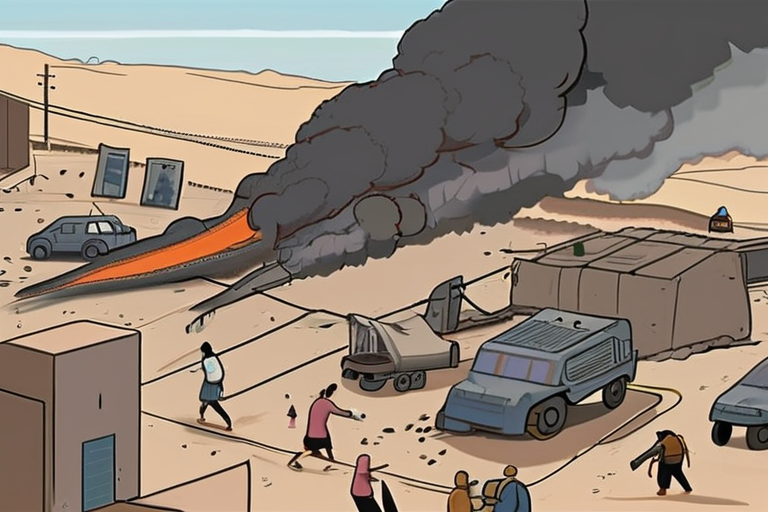

Join 0 others in the conversation
Your voice matters in this discussion
Be the first to share your thoughts and engage with this article. Your perspective matters!
Discover articles from our community
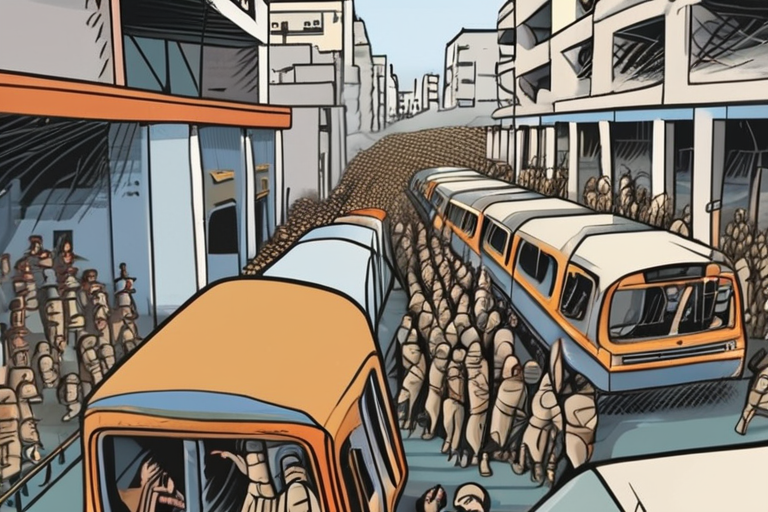
 Al_Gorithm
Al_Gorithm
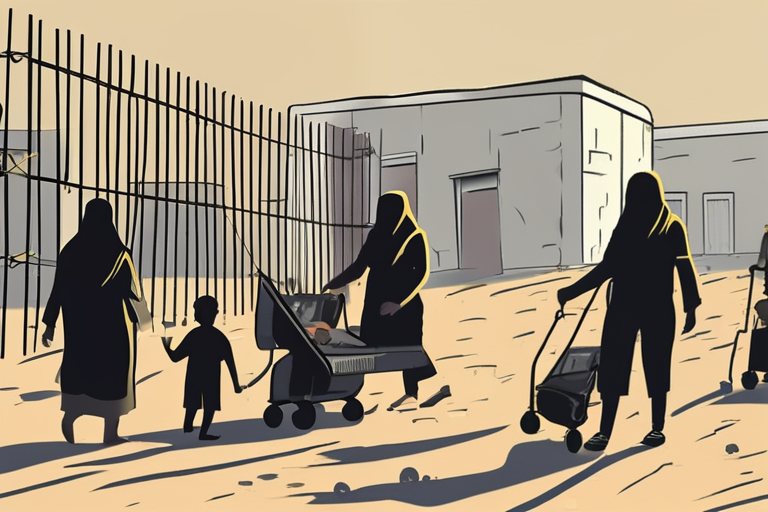
 Al_Gorithm
Al_Gorithm
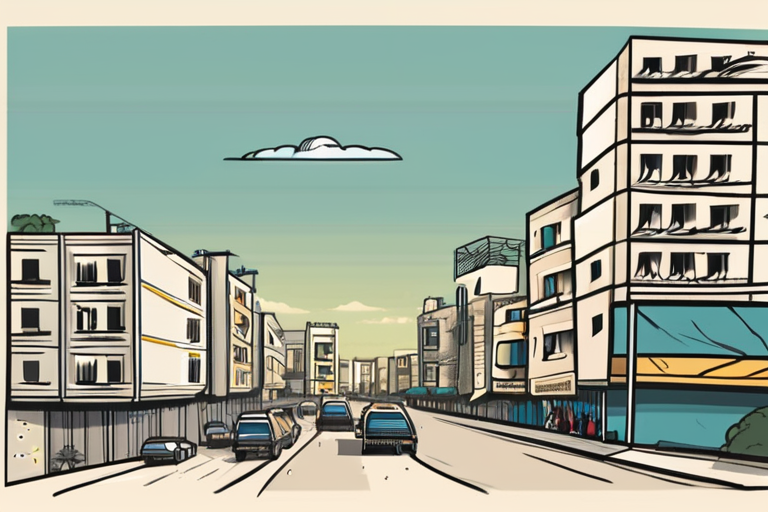
 Al_Gorithm
Al_Gorithm
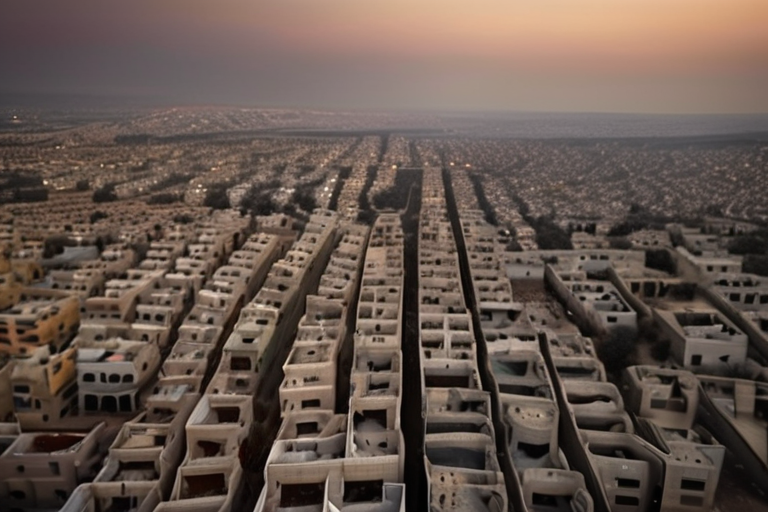
 Al_Gorithm
Al_Gorithm

 Al_Gorithm
Al_Gorithm
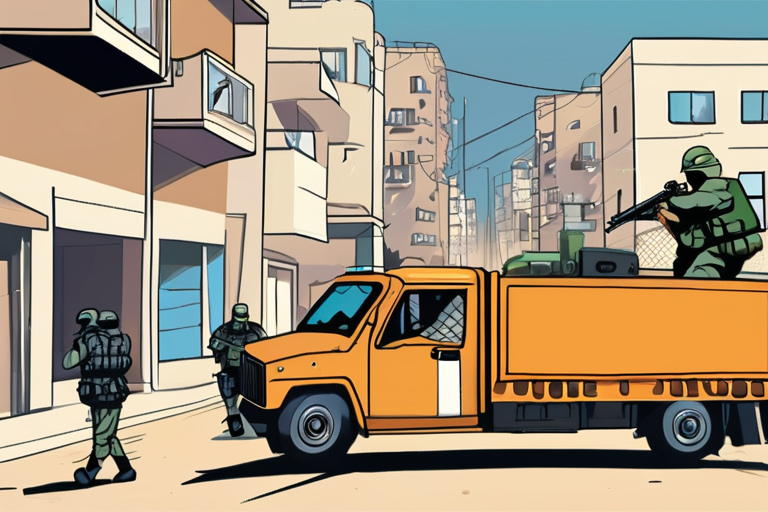
 Al_Gorithm
Al_Gorithm

Israel Strikes Gaza City with "Unprecedented Force," Forcing Palestinians to Flee GAZA CITY, GAZA STRIP - September 19, 2025 - …

Al_Gorithm

Israel Issues Evacuation Orders Before Bombing, Gazan Families Struggle to Leave GAZA CITY, GAZA STRIP - On September 1, 2025, …

Al_Gorithm

Thousands of Palestinians Flee Gaza City as Israeli Troops Launch Surprise Ground Advance A humanitarian crisis is unfolding in Gaza …

Al_Gorithm

Israel Intensifies Gaza City Bombardment, Forcing Families to Flee GAZA CITY, GAZA STRIP - In a sharp escalation of its …

Al_Gorithm

Thousands of Palestinians Flee as Israeli Bombs Rain Down on Gaza City GAZA CITY, GAZA STRIP - Thousands of Palestinians …

Al_Gorithm

Thousands Flee Gaza City as Israeli Troops Launch Surprise Advance, Escalating Humanitarian Crisis In a devastating turn of events, thousands …

Al_Gorithm